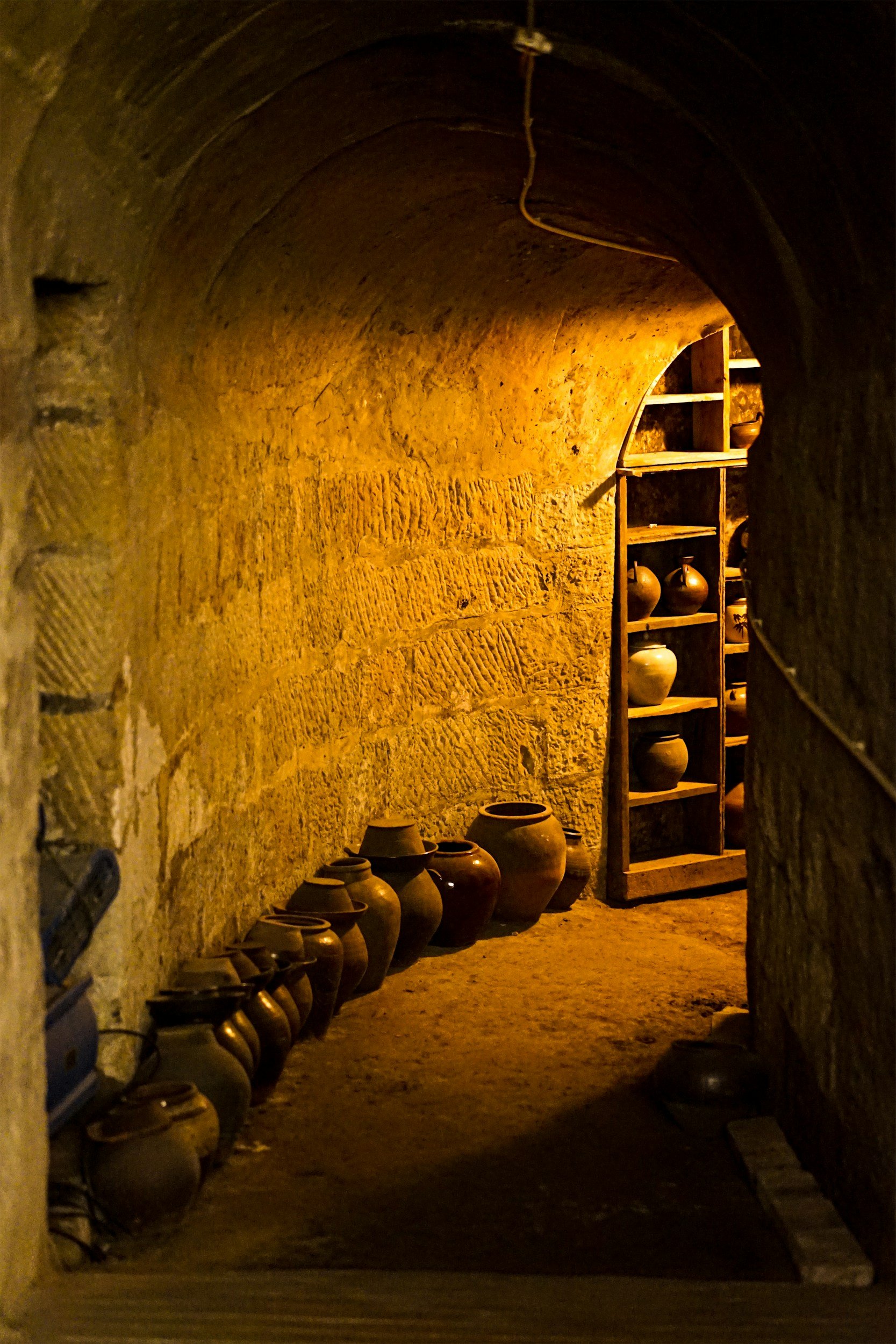Aku Ruo Ulo Amalu Onye Kpatalu Ya: Decoding the Igbo Proverb on Wealth and Community
In Igbo culture, proverbs serve as the threads that weave together wisdom, philosophy, and life lessons passed down through generations. One such proverb, Aku ruo ulo amalu onye kpatara ya, which in simple terms translates to "When wealth reaches home, the wealthy person will be known" This simple statement captures a worldview that emphasizes the importance of wealth, not just as a means of personal fulfillment but as a cornerstone of community recognition and respect.
Wealth as a Measure of Success and Community Impact
The proverb suggests that true wealth is not hidden or hoarded but made visible through its positive impact on one’s household and community. In Igbo culture, wealth is a marker of success, but it is also a measure of one's contributions to society. The phrase “ruo ulo” (reaches home) is significant, it highlights that wealth must extend beyond the individual person to have a meaningful presence in the lives of others. Only when wealth reaches home does it become a testament to the person who earned it, solidifying their reputation and status within the community.
Wealth as a Communal Responsibility
In Igbo society, wealth is not seen solely as a personal asset but as a communal resource. The proverb reflects the belief that the accumulation of wealth brings with it the responsibility to uplift and support one’s family and community. It emphasizes the idea that wealth should not be kept to oneself but should be shared to create a ripple effect of prosperity. When wealth reaches home, it should improve the lives of others, thereby reinforcing social bonds and ensuring the collective well-being of the community.
This principle is deeply rooted in the idea of Igba mbo, which means the relentless pursuit of success through hard work and perseverance. However, Igba mbo does not encourage one to hustle or work hard for the sole purpose of personal achievement; it also includes the duty to use one’s success to benefit others. In this way, the proverb reinforces the idea that wealth is a collective achievement, one that gains meaning and significance when it is shared and recognized by others.
The Social Validation of Wealth
This Igbo proverb also touches on the social aspect of wealth. In many indigenous cultures, including Igbo, wealth is not just about material accumulation but also about the recognition that comes with it. The phrase “amalu onye kpatara ya” (the wealthy person will be known) suggests that wealth brings visibility and respect within the community. However, this recognition is not just about flaunting riches; it is about the acknowledgment of one’s hard work, integrity, and contributions to the welfare of others.
In Igbo culture, a wealthy person is not just someone who has amassed riches but someone who is known for their generosity, wisdom, and leadership. Wealth, when properly managed and distributed, elevates the person in the eyes of the community, making them a role model and a source of inspiration for others.
The Role of Wealth in Sustaining Cultural Values
Beyond material success, the proverb Aku ruo ulo amalu onye kpatara ya also speaks to the role of wealth in sustaining cultural values. Wealth enables those in possession of it to fulfill their cultural obligations, which includes taking care of extended family, supporting communal projects, and participating in traditional ceremonies. In this way, wealth becomes a means of preserving and perpetuating the values and practices that define the Igbo way of life.
For example, a wealthy person may use their resources to sponsor cultural festivals, support educational initiatives, or build infrastructure in their community. By doing so, they not only improve the quality of life for others but also ensure that the cultural heritage of the Igbo people is passed down to future generations.
Lessons for Modern Times (Applying the Proverb to Contemporary Life)
In today’s fast-paced world, where individualism seems to take precedence over community, the proverb Aku ruo ulo amalu onye kpatara ya offers a paradigm shift. It reminds us that true wealth is not just about personal success but about the impact we have on those around us. In business, for example, this could mean reinvesting profits into local communities, supporting social causes, or creating job opportunities for others.
For entrepreneurs and professionals, the proverb encourages a holistic approach to wealth creation. It suggests that while it is important to strive for personal success, it is equally important to consider how that success can be used to benefit others. By doing so, one not only gains material wealth but also earns the respect and admiration of their peers, creating a lasting legacy.
Final Thoughts
The Igbo proverb Aku ruo ulo amalu onye kpatara ya is a guiding principle for living a life of purpose, integrity, and community engagement. It teaches us that wealth, when used wisely and generously, can bring about positive change and enable strong social connections. It also reminds us that true success is not measured by what we accumulate but by the difference we make in the lives of others.
In a world where the pursuit of wealth can sometimes lead to isolation and alienation, this proverb offers a refreshing perspective. It challenges us to think beyond ourselves and to use our resources in ways that uplift and empower those around us. Ultimately, it is through this collective approach to wealth that we can achieve not just personal fulfillment but also a sense of belonging and purpose within our communities.
What other lessons do you think we can learn from this proverb? Let us know in the comment section below. Dalu!
F. C. Ogbalu (1965) on Igbo proverbs and states that:
Igbo proverbs are accumulation of Igbo experiences throughout the history of the Igbos. In absence of any written history, they serve as the medium through which much can be learnt about the Igbos. Their past history, their philosophy of life and family structure, their politics and religion can best be learnt through the proverbs (p.5).















